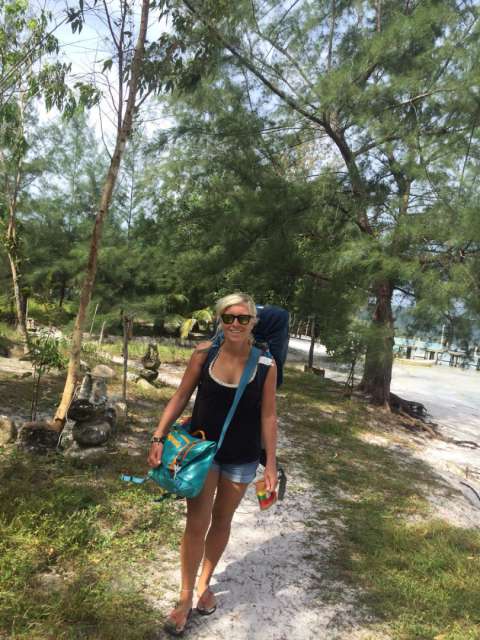Goodbye Myanmar!
ප්රකාශිතයි: 06.11.2016
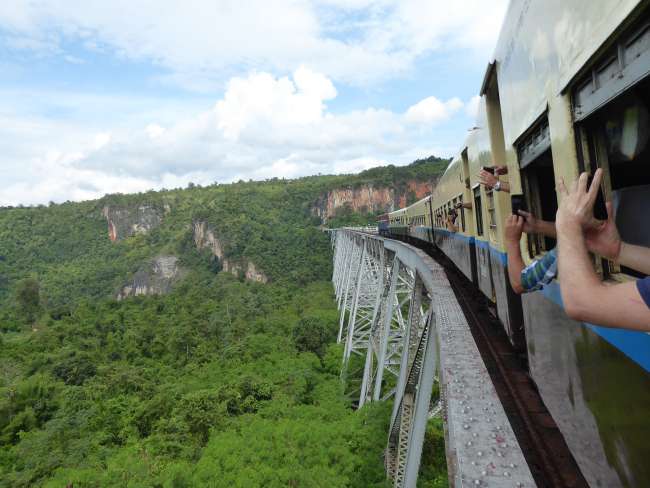
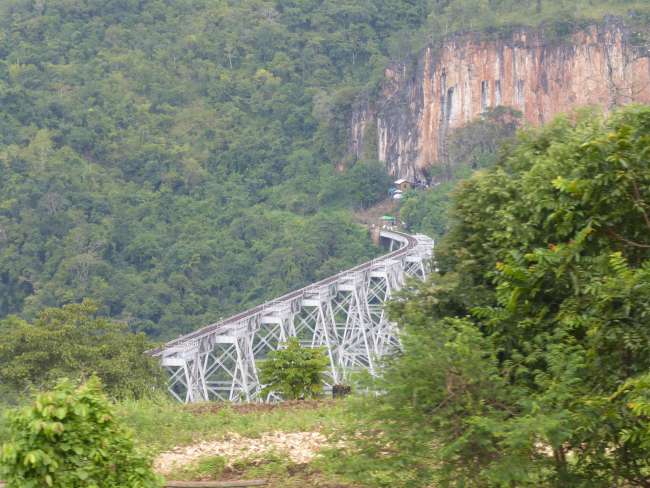
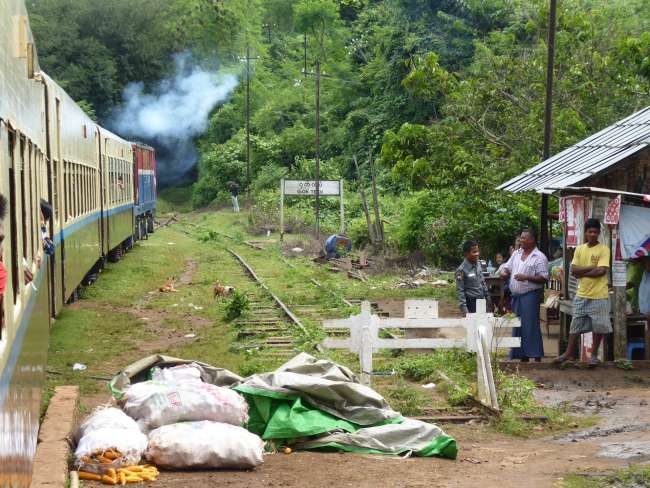
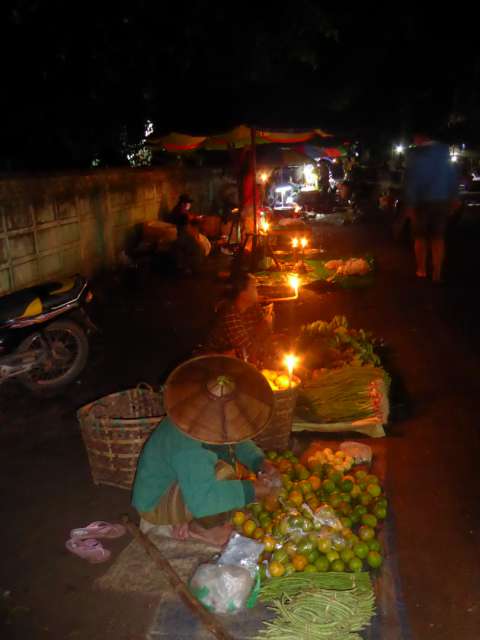
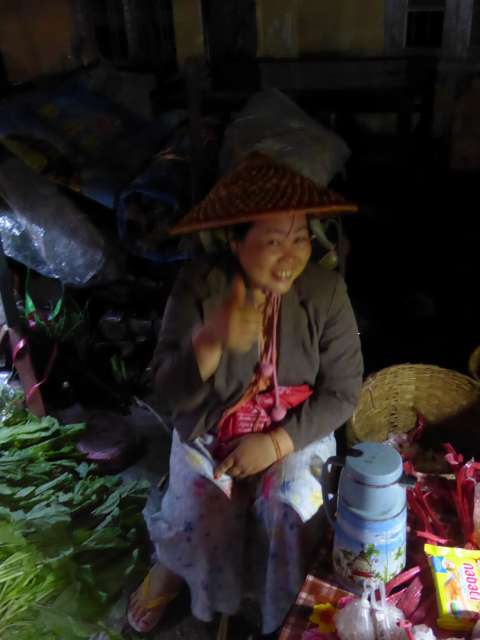
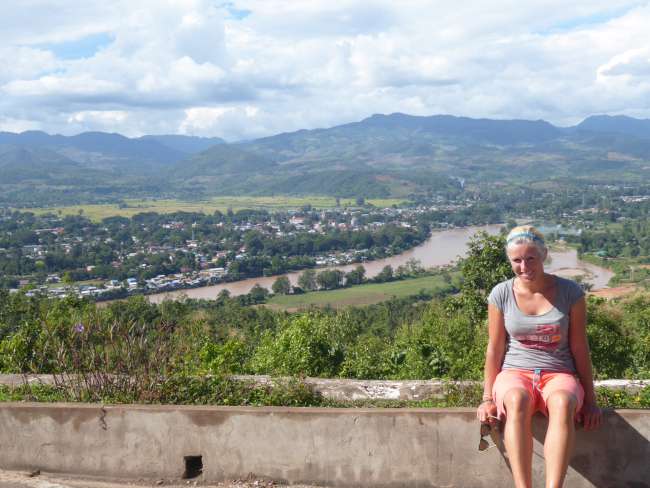
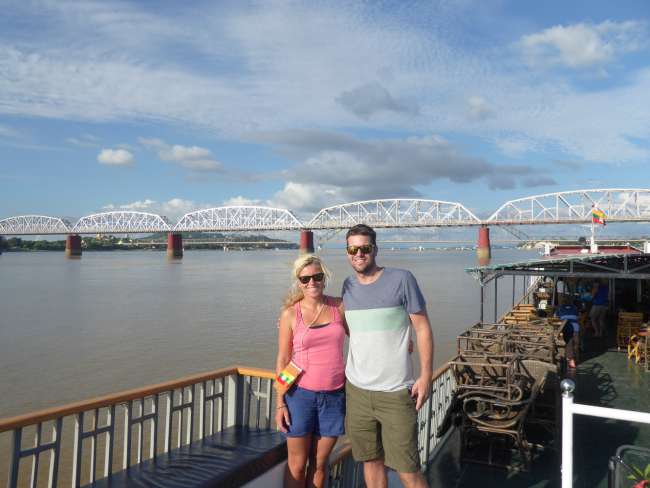
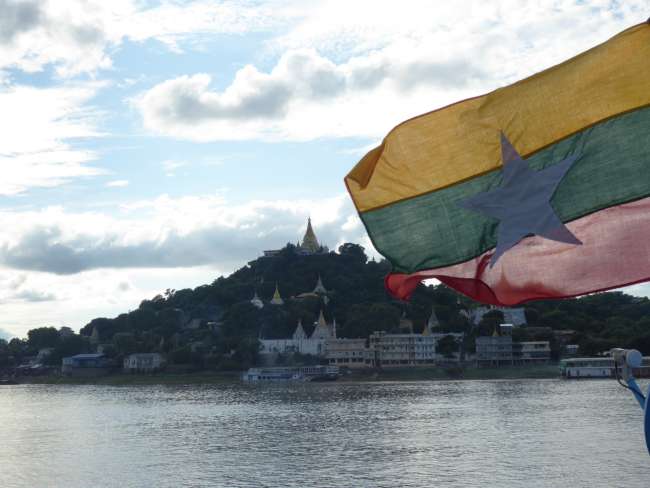
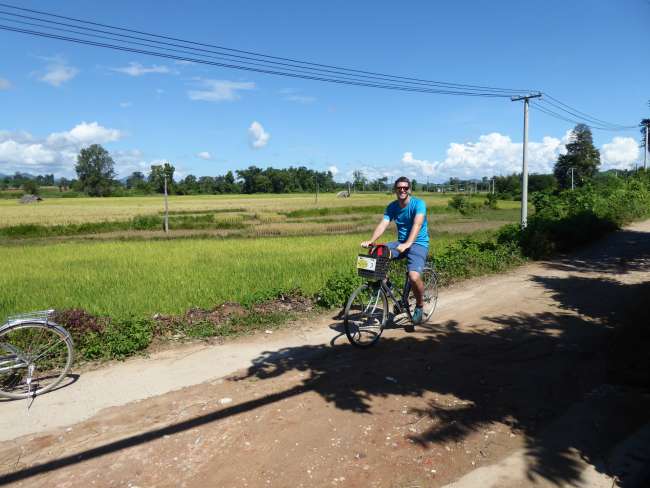
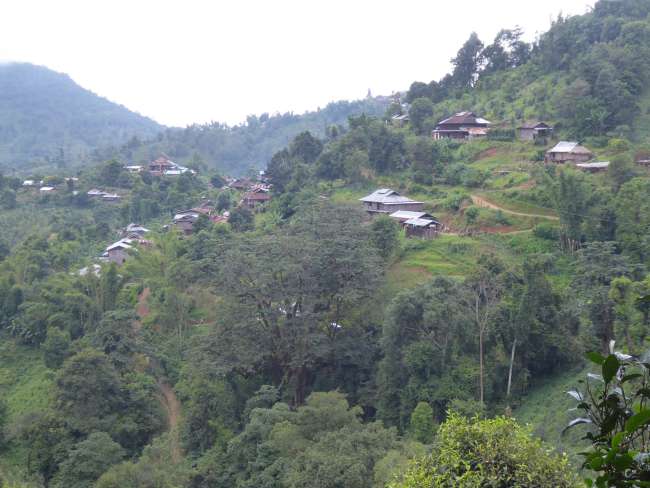
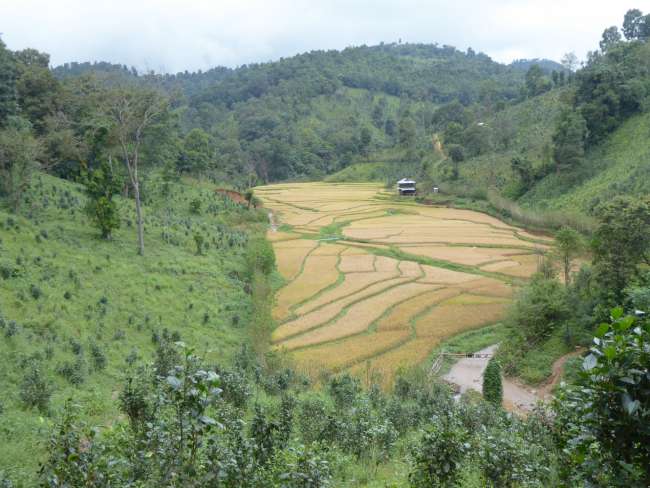
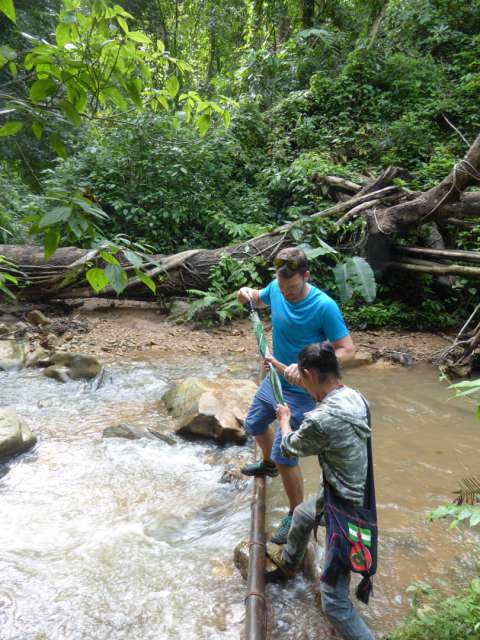
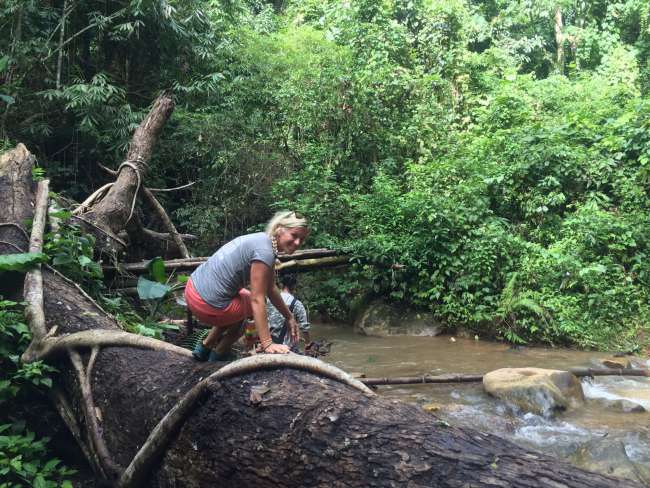
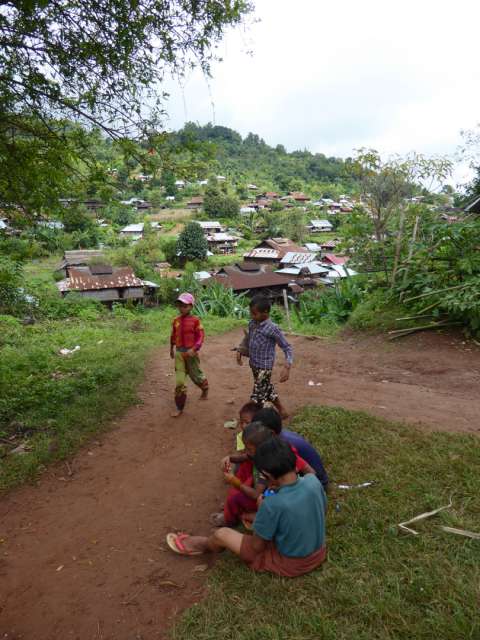
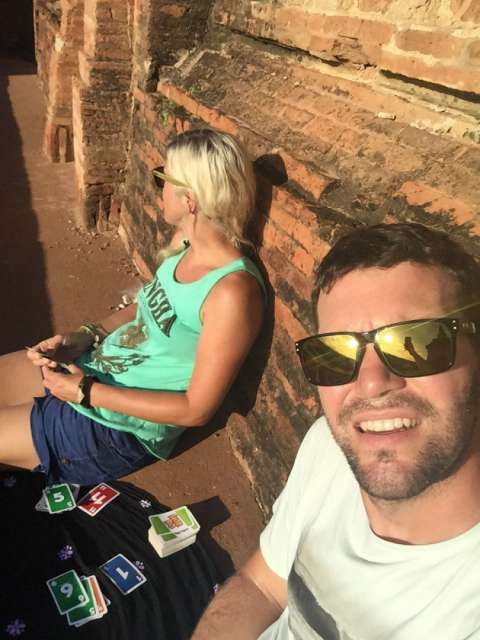
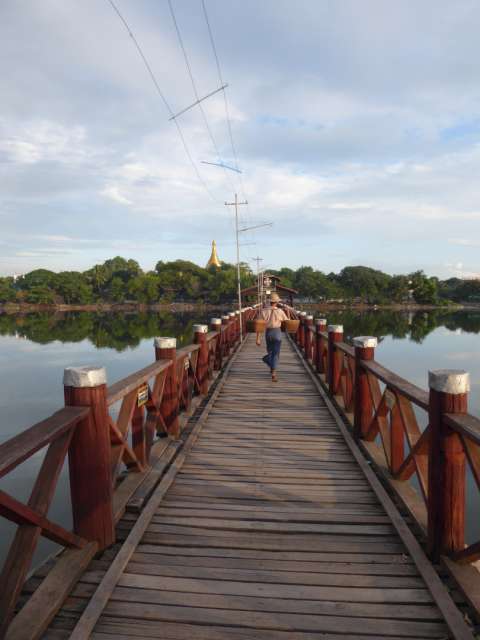
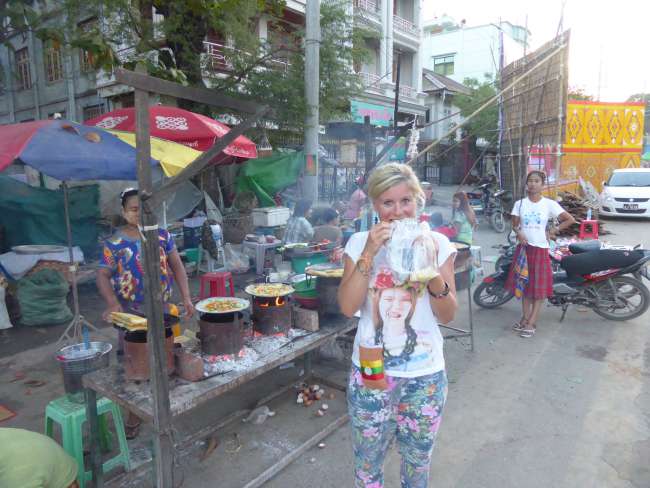
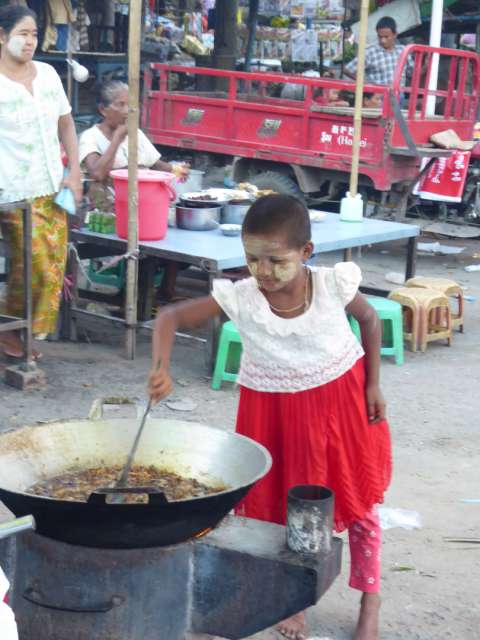
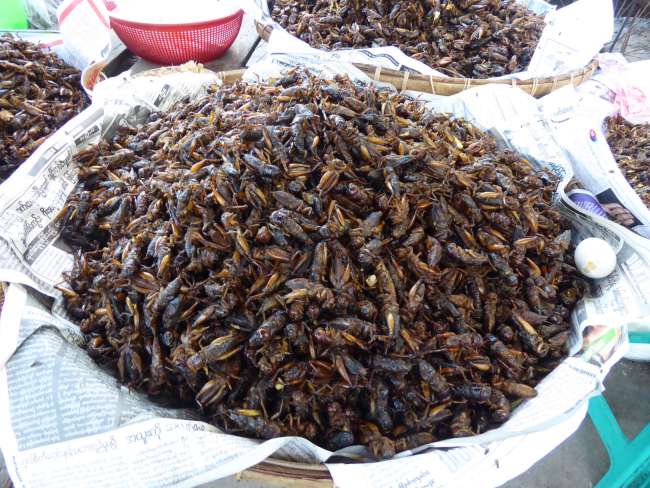
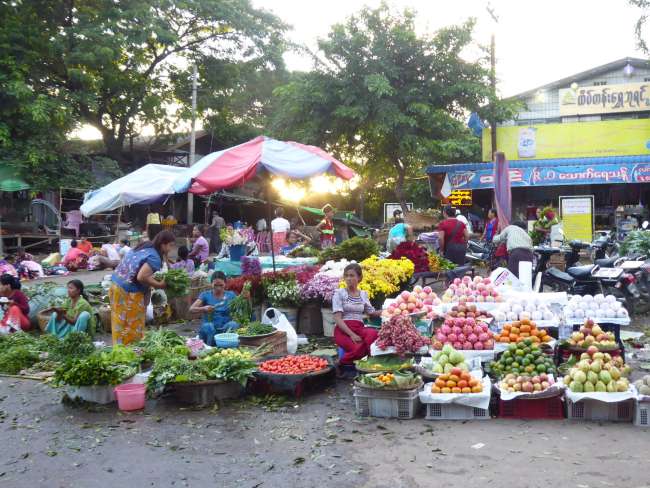
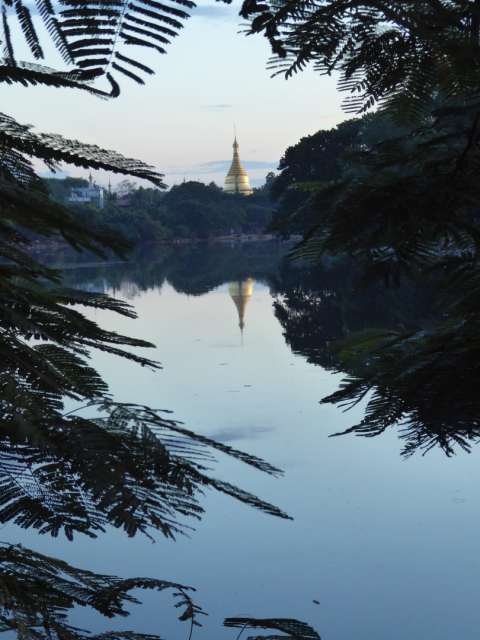
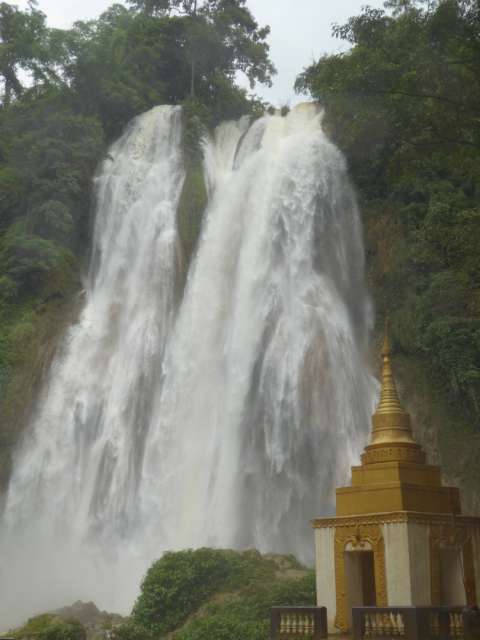
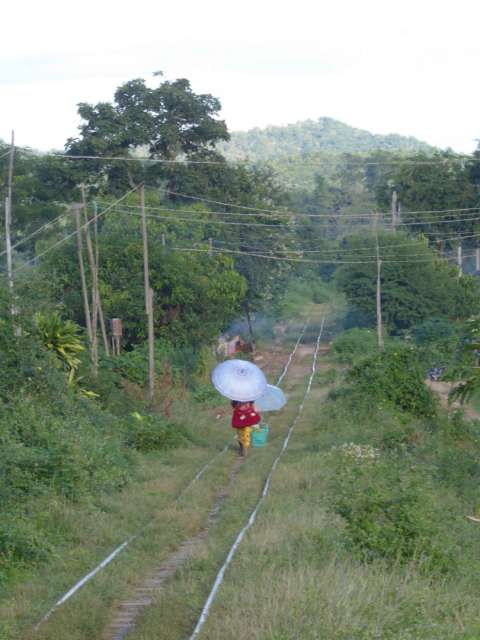
පුවත් පත්රිකාවට දායක වන්න
That means 'Goodbye and see you again' in Burmese. I am already convinced that I will visit this fascinating and beautiful country again. I just hope that this reunion will not be too different.
I hope that the children playing on the streets of Mandalay will still wave and jump around us with joy and curiosity.
I hope that locals in Kalaw will still walk a few steps with us to improve their English, satisfy their curiosity (Where are you from? Do you like Myanmar? How long are you staying in our country?..., you hear questions like these from tourists almost everywhere) or talk about their favorite topic: European football! They enthusiastically talk about their favorite team, their favorite players, or proudly present their knowledge about the latest Champions League game.
I hope that the owner of the guesthouse in Hsipaw will hug us goodbye, take care that we catch the right bus to Pyin Oo Lwin, and stand at the door waving until our bus disappears behind the next street corner in the chaos of many mopeds.
I hope that small street food stalls and food stalls with steaming soups and curries over the fire will continue to adorn the streets and alleys of Yangon, not displaced by fast food restaurants or huge food courts.
I hope that no one will steal a backpack containing passports, credit cards, and money when you forget it for 20 minutes in a bicycle basket in front of a huge market, because people are too honest and considerate to take something away from strangers.
I hope that the old friendly craftsman in his small hidden workshop in Mandalay patiently repairs my rented bicycle, refuses payment for his help with a smile, and accepts only a few kyats as a thank you after much persuasion.
That is Myanmar, with all its friendly and kind-hearted people, beautiful places, and fascinating culture.
But we have also experienced firsthand in the remote small town of Hsipaw that the country is still troubled by conflicts, lack of acceptance of ethnic minorities, displacement, and violence. Last week, we set off from Pyin Oo Lwin near Mandalay to the north on what felt like the slowest local train in the world, covering 141km in 7.5 hours - an average speed that comes close to our record for the bus ride to Ngapali :-). One highlight of this beautiful train ride, passing grazing water buffaloes, rice terraces, and lonely villages, is the famous Gokteik Viaduct, a huge railway bridge that spans the Gokteik Gorge at a height of 111m with a length of 793 meters. As the train approaches the bridge, which was built by British colonial rulers for arms deliveries to China, dozens of tourists rush to the window to catch the best view as the rocking train crosses the huge gorge at a snail's pace.
Arriving in Hsipaw, we were overwhelmed by the stunning landscape there, green mountain ranges surrounding the valley, huge rice fields stretching from one small village to the next. It was perfect for us to explore the area by bicycle and enjoy a huge portion of curry for less than two euros in Mrs. Popcorn's Garden (Mrs. Popcorn, an old but energetic Burmese woman, lives up to her name and serves delicious organic food amidst cornfields with a view of the surrounding meadows) in the evening sun with other backpackers.
The next day, we set off for a one-day hike to the surrounding Palaung and Shan mountain villages. Our guide, who belongs to the Palaung tribe, told us a lot about his origin, the history, and culture of his ethnic group during the five-hour tour. He informed us about the plants used as medicines, the favorite sunbathing spots of cobras in the thicket of the rainforest, how to prepare crickets and cicadas in the most delicious way, and how the meat of frogs skewered on a small knife, which the farmer we met had just caught, tastes. The more the guide told us and the further we hiked into the mountains, the more aware we became that peace does not prevail in this part of the country. Although the Palaungs peacefully live alongside the Shans, and even some Palaung men are married to Shan women (or vice versa), and goods are exchanged between them, a self-proclaimed army of one tribe is fighting against the other. Landmines still prevent independent exploration of the area, and just six months ago, an entire village was attacked, houses were burned down, and the residents are currently living as refugees in Hsipaw. We saw heavily armed soldiers roaming through the villages with our own eyes. Until two years ago, parents could not afford to send their children to school and had to send them to work in the rice fields or tea plantations because they needed the money to buy their way out of arbitrary army conscriptions. The residents are afraid when a soldier passes through the village because neither the Shans nor the Palaungs want or need this army, and the uncertainty and fear of new unrest are still palpable among the people we met.
These experiences made us think and unfortunately show that Myanmar is still far from stability and peace, even if the situation has certainly improved with the new government. I wish nothing to change in this country, a statement that I have to revise at the end of my report...
With these impressions, I say goodbye to Myanmar. We have just landed in Bangkok for a short stopover, and tomorrow we will continue to Vietnam!
පුවත් පත්රිකාවට දායක වන්න
පිළිතුර
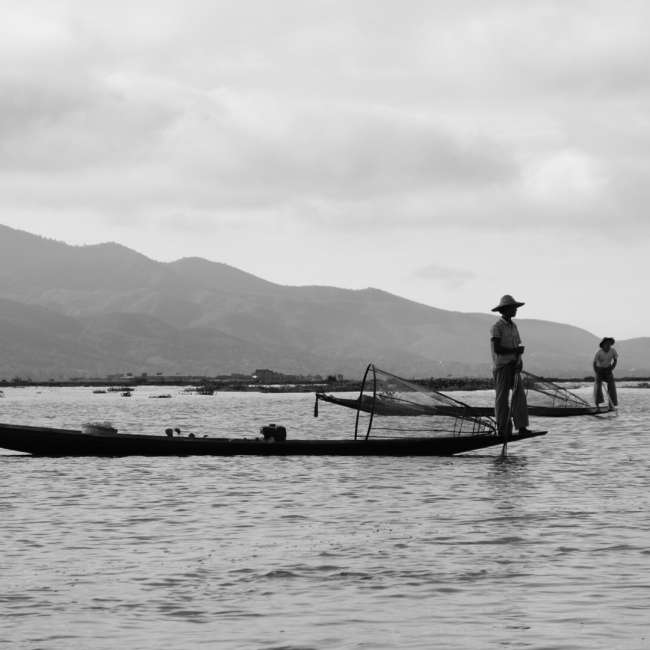
සංචාරක වාර්තා මියන්මාරය

